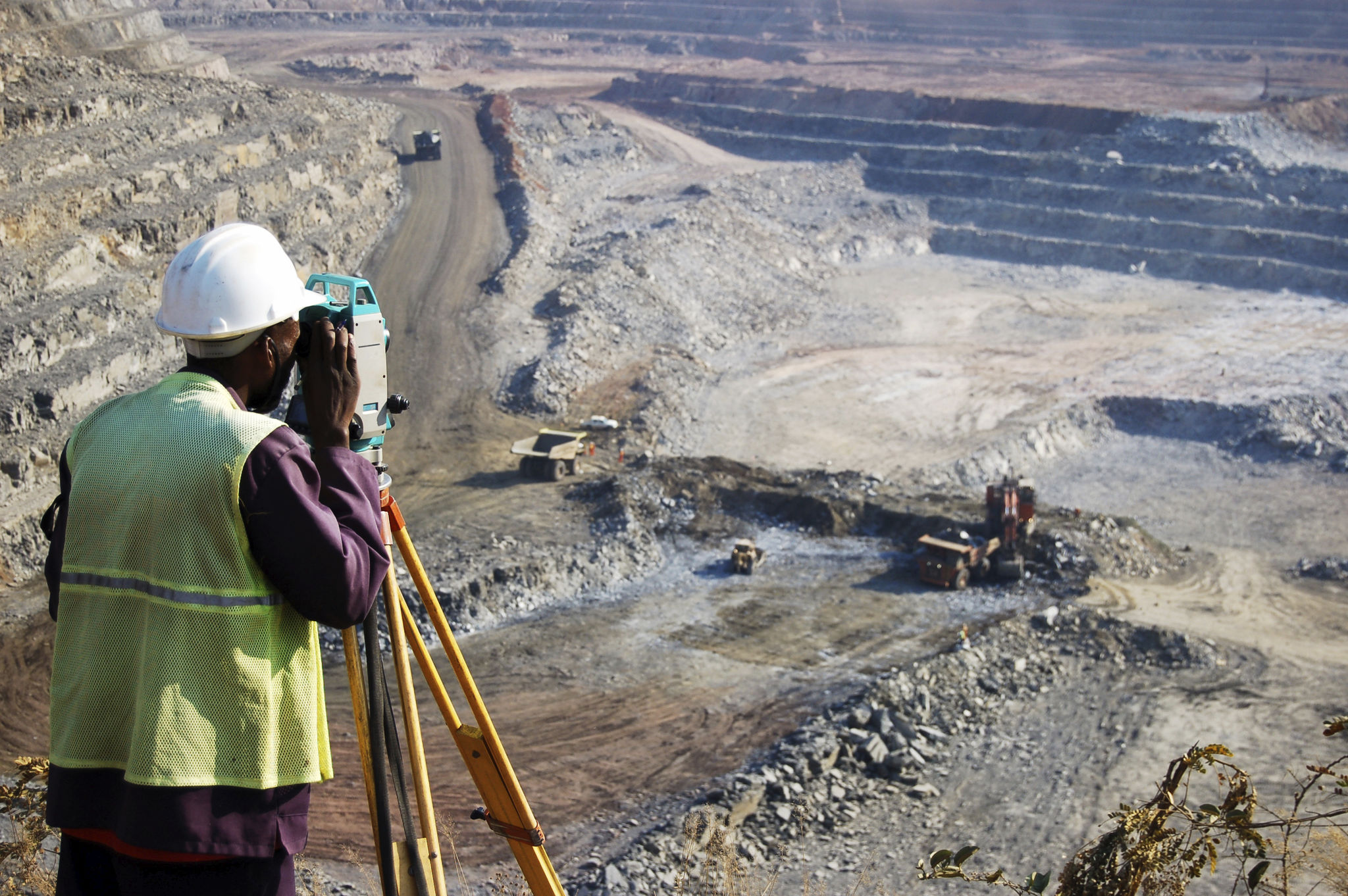Expert Insights: Navigating the Regulatory Landscape of Zambia's Mining Sector
Understanding Zambia’s Mining Regulations
Zambia, known for its rich mineral resources, has a complex regulatory landscape that governs its mining sector. For investors and industry players, understanding these regulations is crucial to ensuring compliance and optimizing operations. Navigating these regulations requires a keen understanding of both the legal frameworks and the socio-economic factors influencing policies.
The Zambian government, through various legislative measures, regulates the exploration, extraction, and processing of minerals. The primary piece of legislation is the Mines and Minerals Development Act, which outlines the rights, obligations, and procedures for mining activities. This act serves as a cornerstone for all mining operations in Zambia, establishing guidelines that companies must adhere to.

Licensing and Permits
The licensing process in Zambia is a critical step for any mining venture. It involves obtaining the necessary permits to explore and extract minerals. There are several types of licenses, including prospecting, exploration, and production licenses. Each license has specific requirements and conditions that must be met before they are granted.
It is essential for companies to conduct due diligence to ensure all documentation and legal requirements are fulfilled. This not only helps in avoiding legal pitfalls but also facilitates smoother operational processes. Engaging with local experts or legal advisors can be beneficial in navigating the regulatory intricacies.

Environmental Compliance
Environmental regulations play a significant role in Zambia's mining sector. The Environmental Management Act requires mining companies to conduct Environmental Impact Assessments (EIA) before commencing operations. These assessments evaluate the potential impacts of mining activities on the environment and propose mitigation measures.
Compliance with environmental regulations is not only a legal obligation but also a commitment to sustainable mining practices. Companies must regularly monitor their environmental impact and ensure that their operations do not harm local communities or ecosystems. Failure to comply can lead to hefty fines or even revocation of licenses.

Community Engagement and Corporate Social Responsibility
The socio-economic impact of mining on local communities is another crucial aspect of Zambia's regulatory landscape. Mining companies are encouraged to engage with communities and implement Corporate Social Responsibility (CSR) initiatives. These initiatives aim to improve local infrastructure, health services, and education.
Building strong relationships with local communities can enhance the reputation of mining companies and foster goodwill. It is important for companies to involve community leaders in decision-making processes and address any concerns related to mining activities. This approach not only benefits communities but also ensures a stable operating environment for the company.
Taxation and Revenue Management
The Zambian government imposes various taxes on the mining sector, including royalties, income tax, and Value Added Tax (VAT). Understanding the tax regime is essential for financial planning and budgeting. Companies must ensure timely payment of taxes to avoid penalties and maintain compliance with national laws.
Revenue management is also an area of focus for the government, aiming to ensure that mineral wealth translates into national development. The Zambian Revenue Authority plays a significant role in collecting taxes from the mining sector and ensuring transparency in revenue allocation.

Conclusion
Navigating the regulatory landscape of Zambia's mining sector requires a comprehensive understanding of the laws and regulations in place. Companies must engage with local authorities, comply with environmental standards, consider community welfare, and adhere to tax obligations. By doing so, they can operate successfully within Zambia's dynamic mining industry while contributing positively to the country's economic growth.
